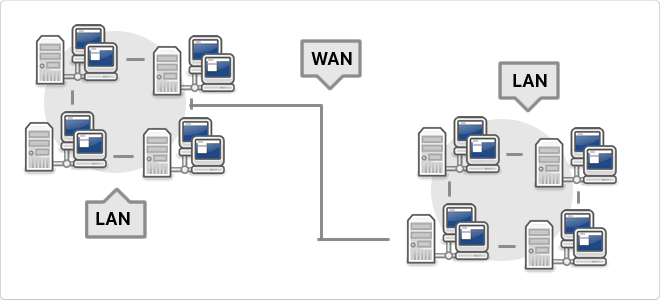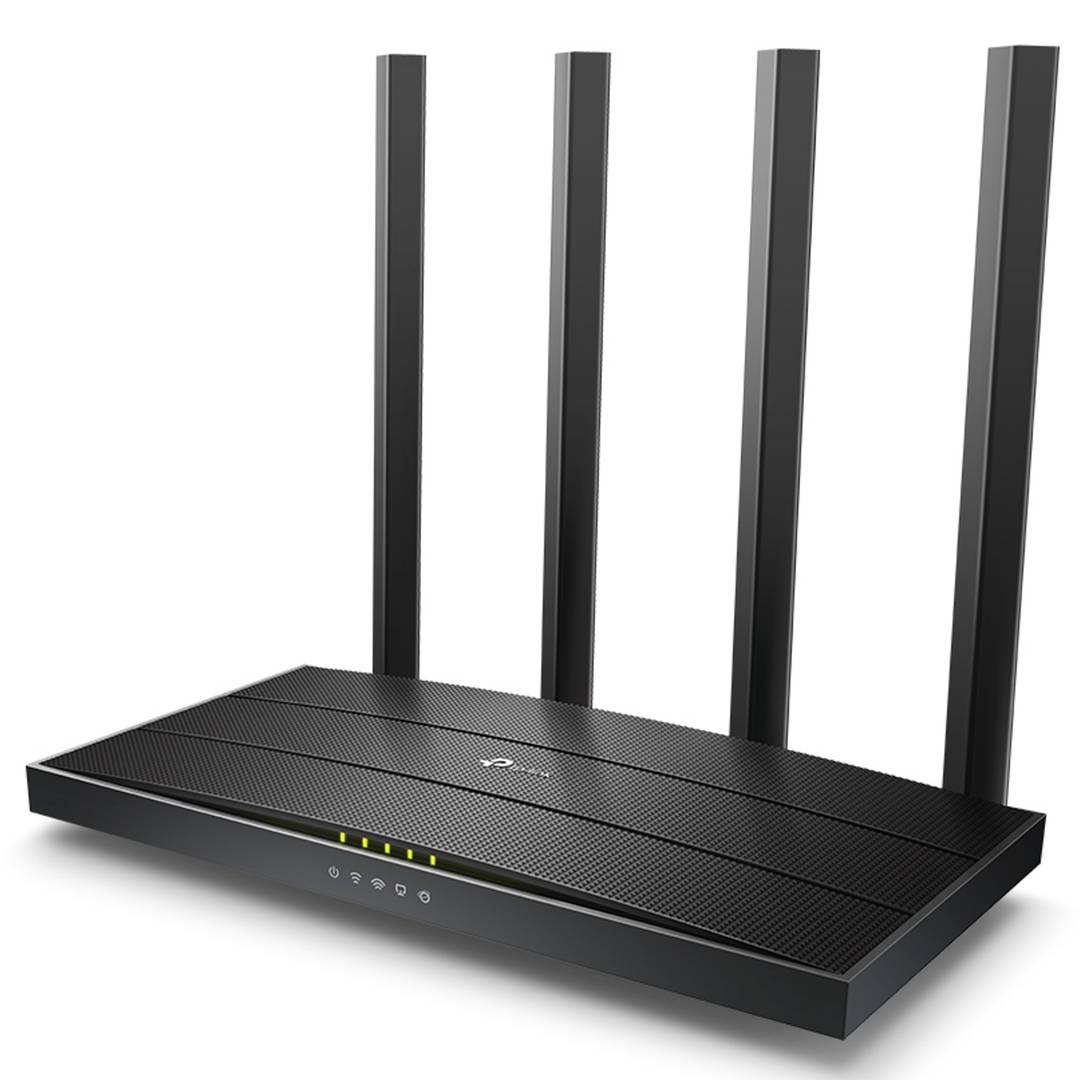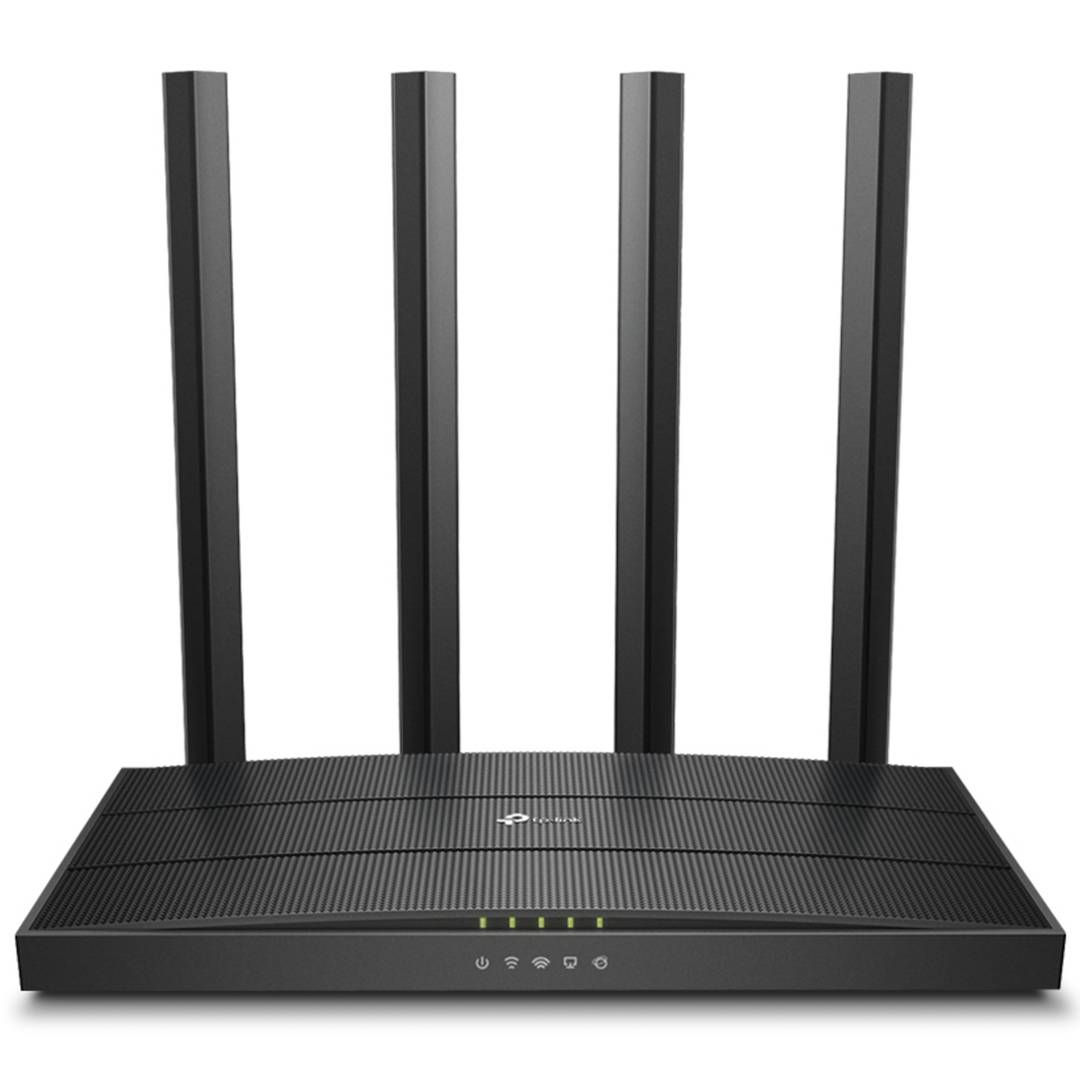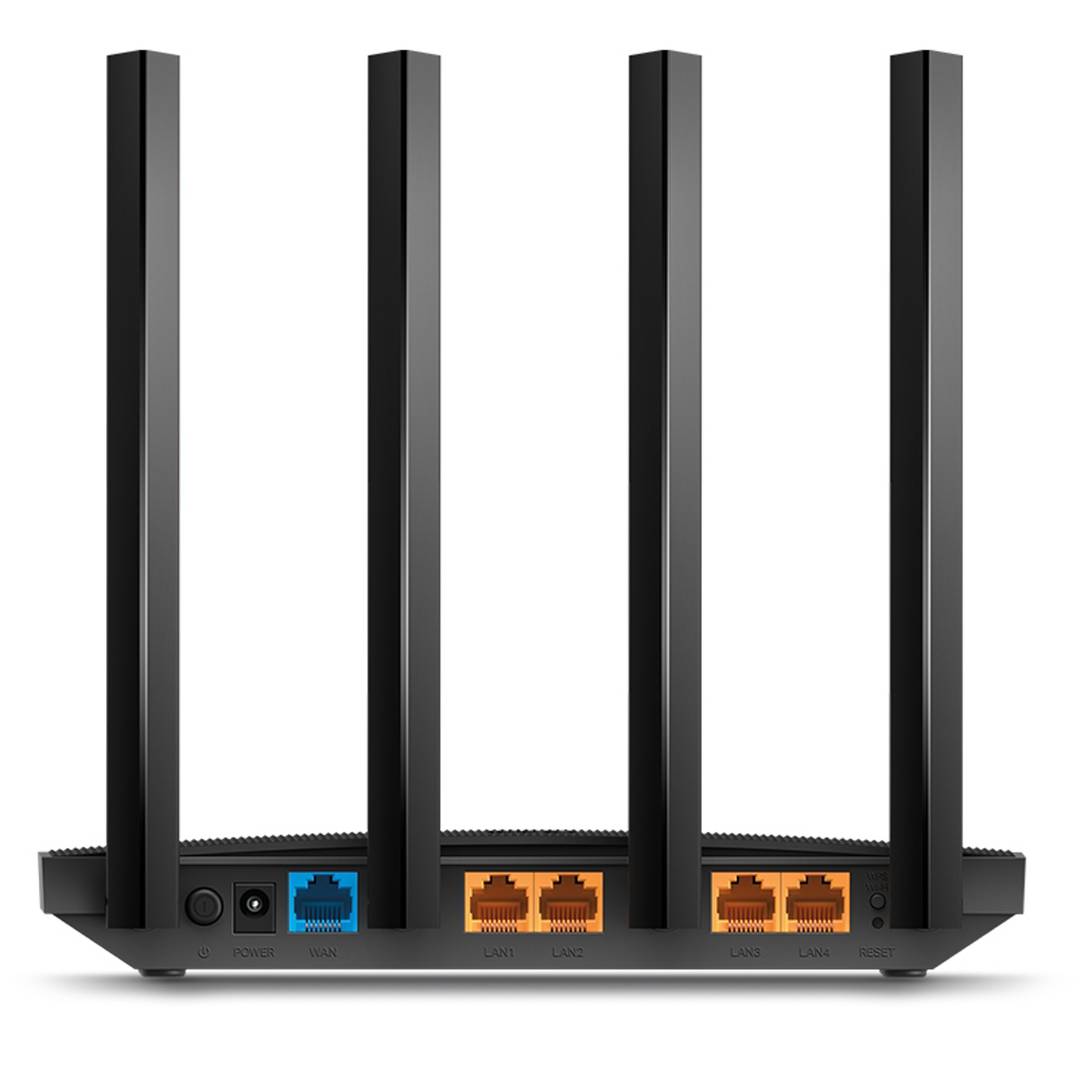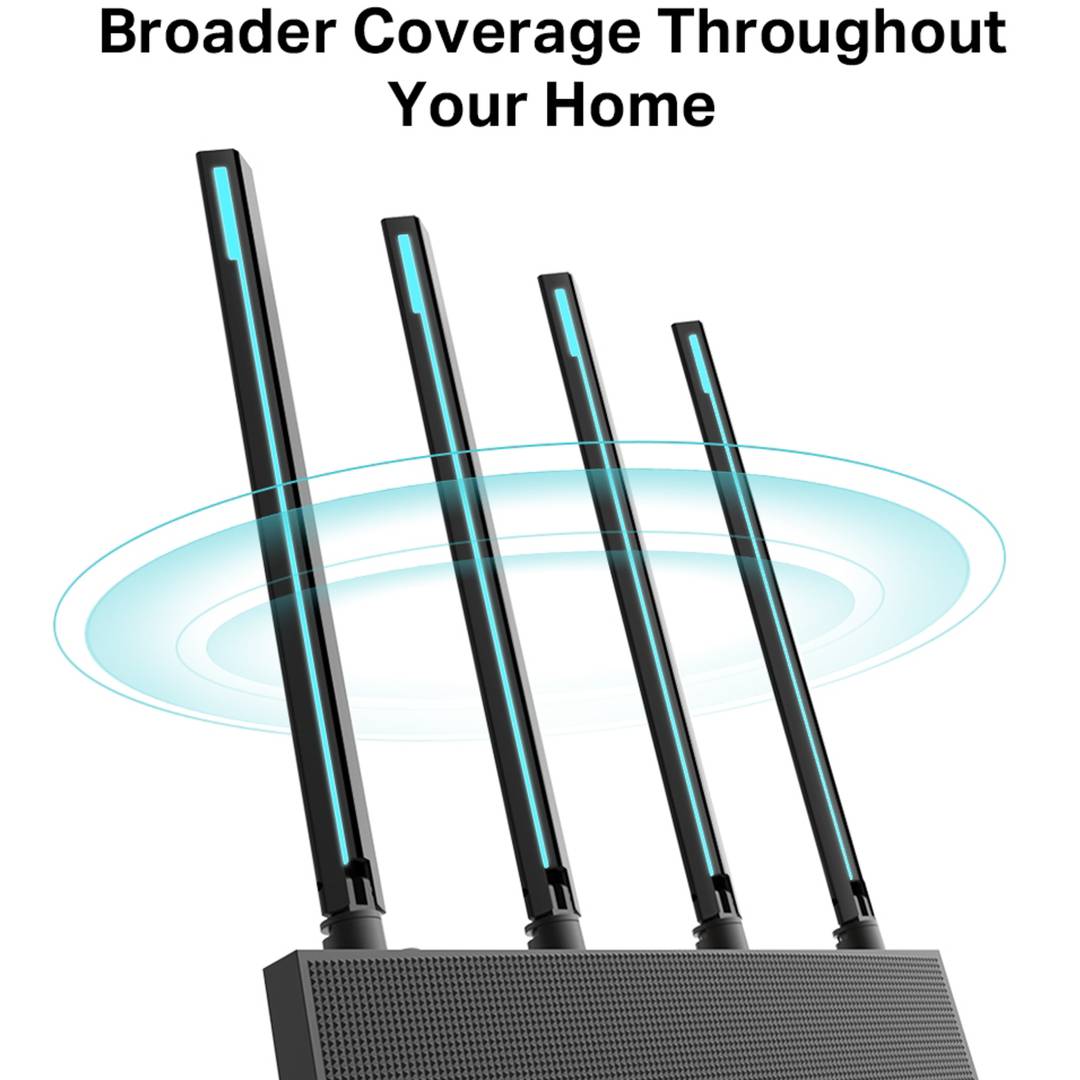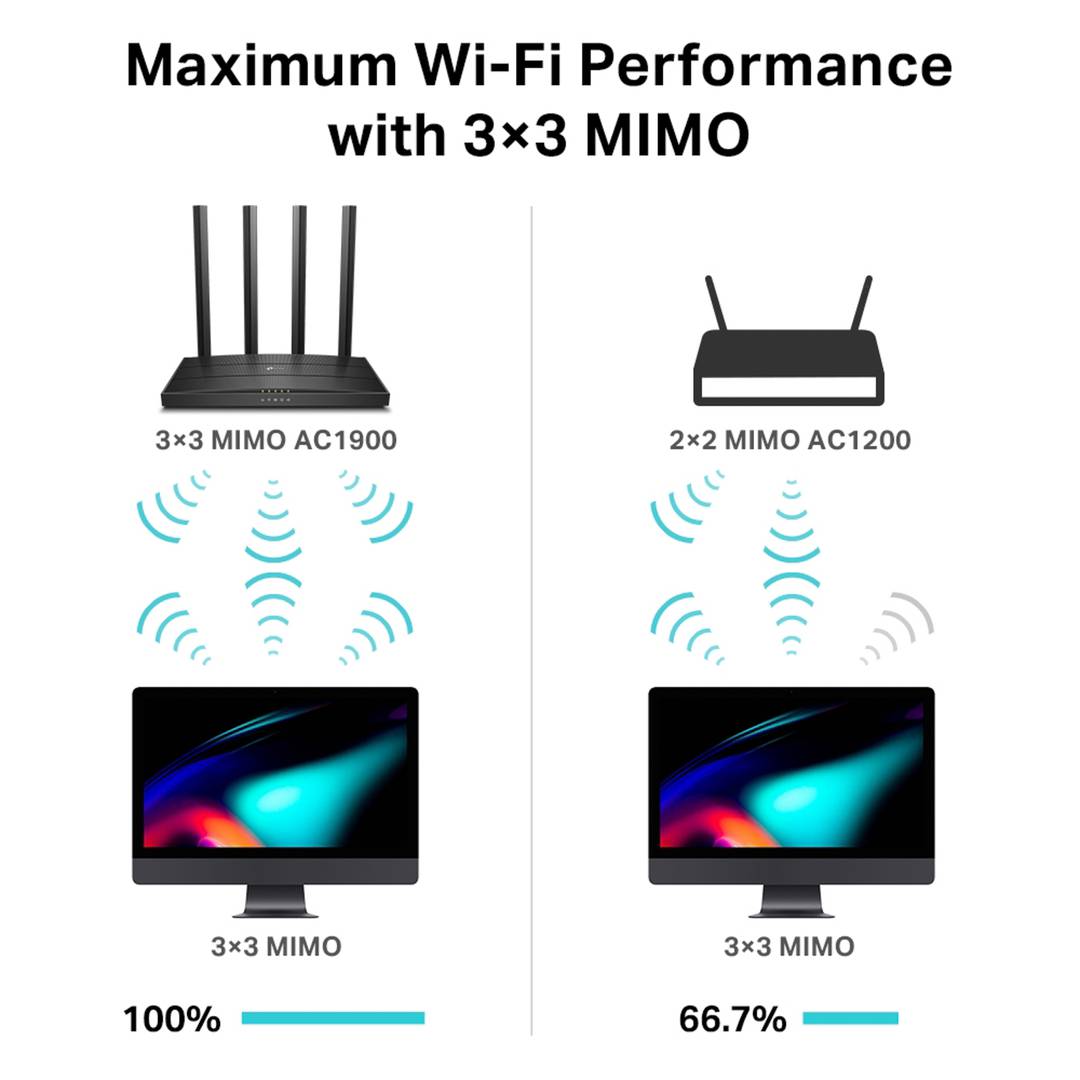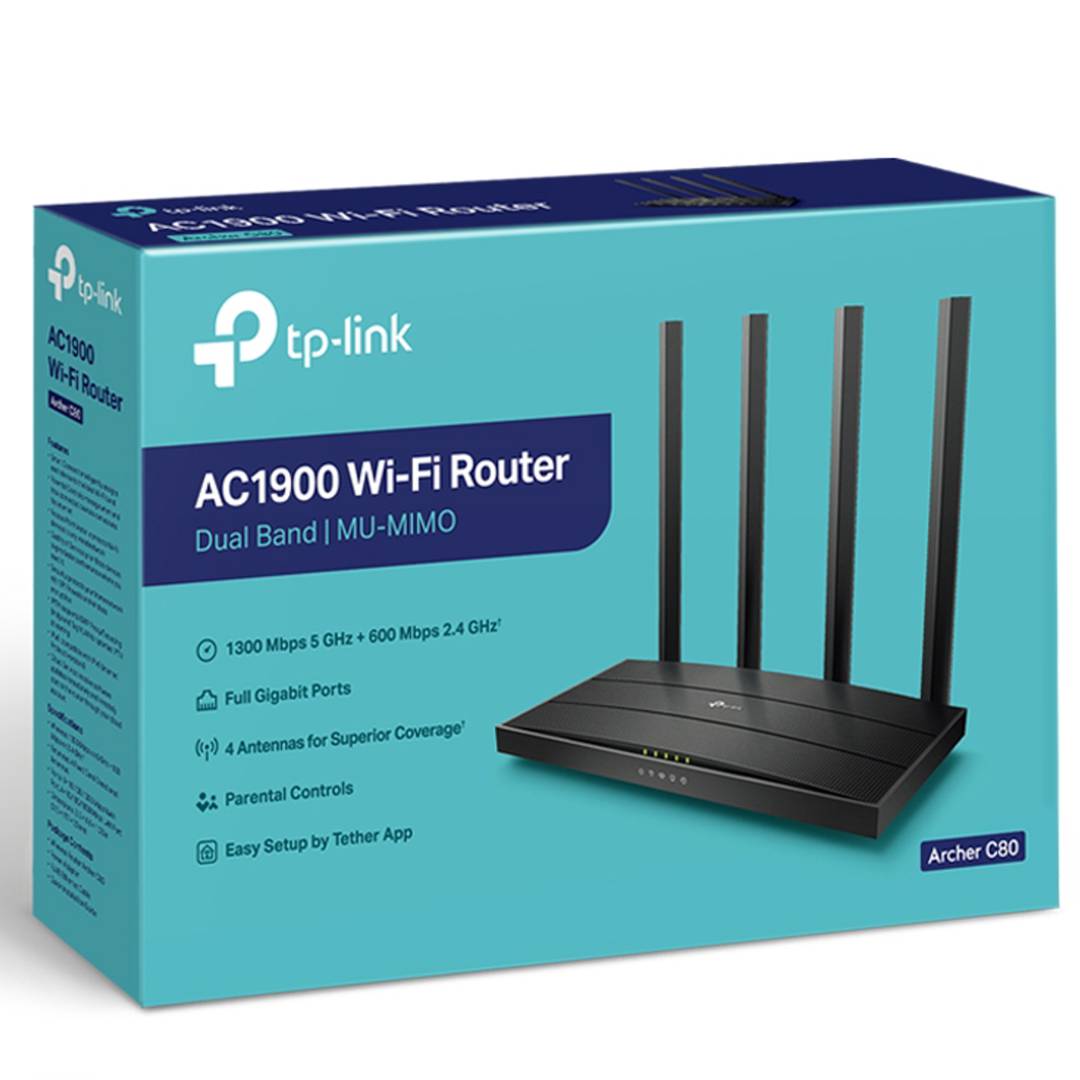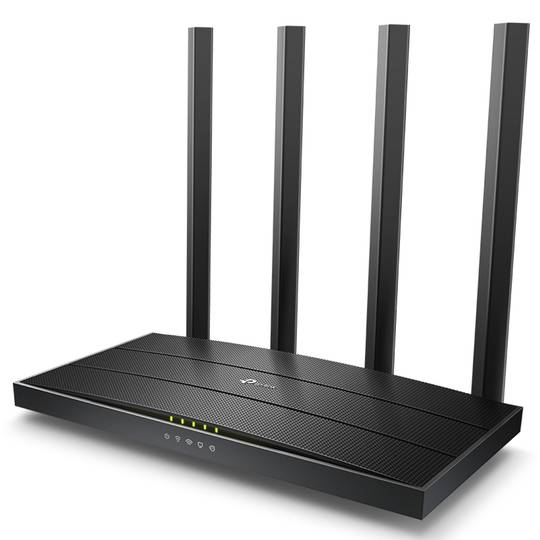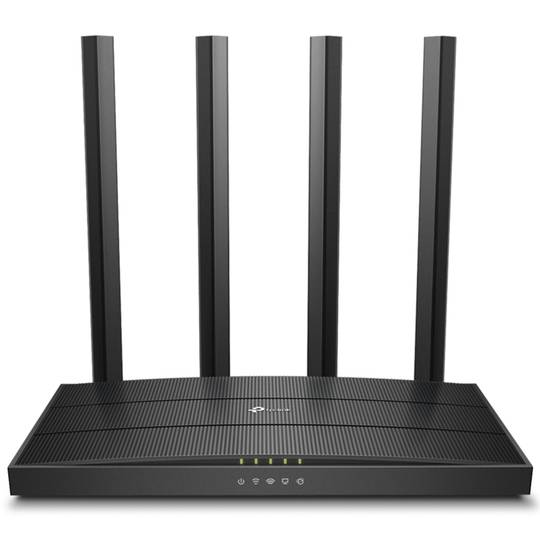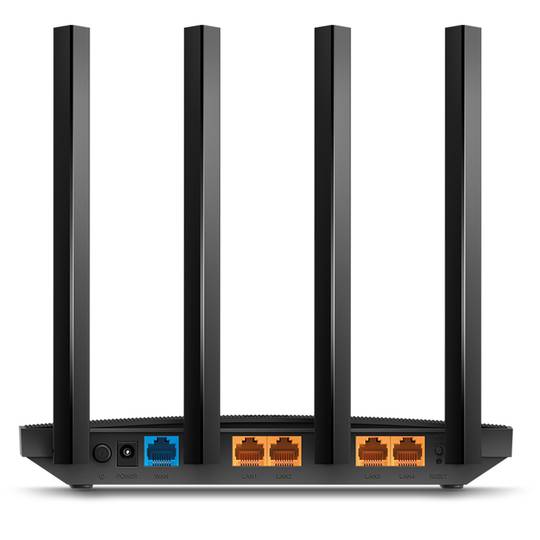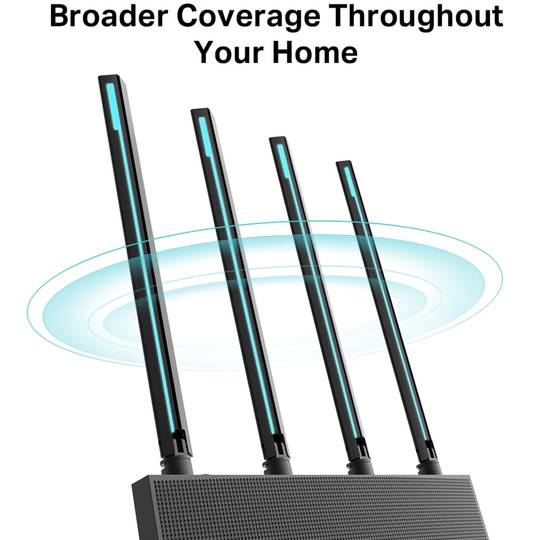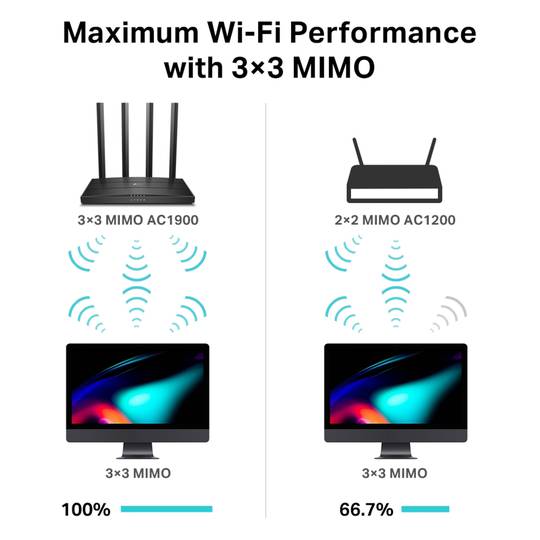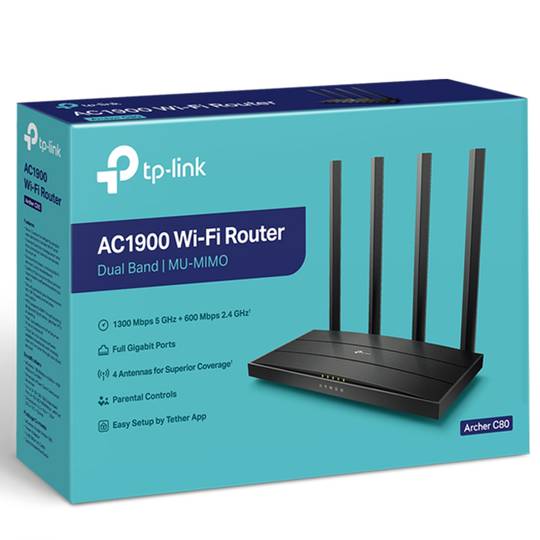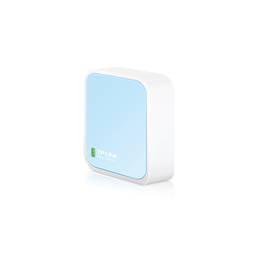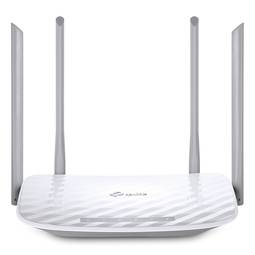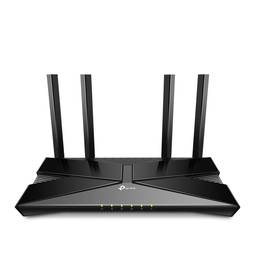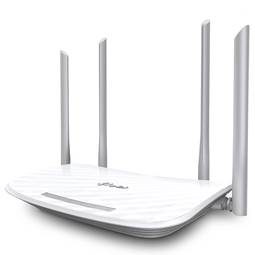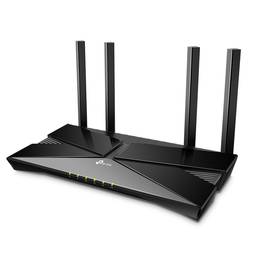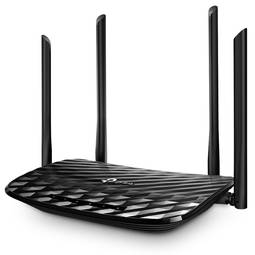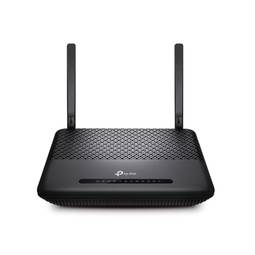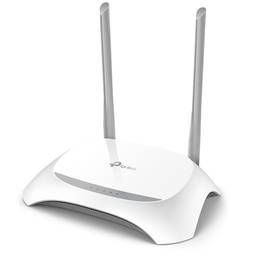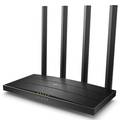07/06/2025 4:15 p.m.
http://cablematic.iskra.cat/en/products/router-tp-link-archer-c80-mu-mimo-ac1900-TP121/
http://cablematic.iskra.cat/en/products/router-tp-link-archer-c80-mu-mimo-ac1900-TP121/
Router TP-Link Archer C80 MU-MIMO AC1900
REF: TP121
Specifications
- 802.11ac Wave2 Wi-Fi: 1300 Mbps in the 5 GHz band and 600 Mbps in the 2.4 GHz band.
- 3 × 3 MIMO technology: Transmission and reception of three WiFi data streams to seamlessly pair with 3 × 3 clients.
- Personalized management: Advanced features such as Parental Control, Guest Network and Access Control provide tailor-made network management.
- Extended coverage at home or in the office. Beamforming technology combine to extend the Wi-Fi signal throughout the home or office.
- Wi-Fi standards: 802.11a, 802.11b, 802.11g, Wi-Fi 4 (802.11n), Wi-Fi 5 (802.11ac).
PVP
€51.76
Price including VAT:
€63.66
PVD
€47.93
PVP: Retail price.
Check conditions.
PVP: Sale price to distributors.
Check conditions.
warranty
returns
safe
Specifications
- 802.11ac Wave2 Wi-Fi: 1300 Mbps in the 5 GHz band and 600 Mbps in the 2.4 GHz band.
- 3 × 3 MIMO technology: Transmission and reception of three WiFi data streams to seamlessly pair with 3 × 3 clients.
- Personalized management: Advanced features such as Parental Control, Guest Network and Access Control provide tailor-made network management.
- Extended coverage at home or in the office. Beamforming technology combine to extend the Wi-Fi signal throughout the home or office.
- Wi-Fi standards: 802.11a, 802.11b, 802.11g, Wi-Fi 4 (802.11n), Wi-Fi 5 (802.11ac).
More info
Router of the prestigious brand TP-Link model Archer C80 Smart Wifi AC1900
specs
specs
- 802.11ac Wave2 Wi-Fi: 1300 Mbps in the 5 GHz band and 600 Mbps in the 2.4 GHz band.
- 3 × 3 MIMO technology: Transmission and reception of three WiFi data streams to seamlessly pair with 3 × 3 clients.
- Personalized management: Advanced features such as Parental Control, Guest Network and Access Control provide tailor-made network management.
- Extended coverage at home or in the office. Beamforming technology combine to extend the Wi-Fi signal throughout the home or office.
- Wi-Fi standards: 802.11a, 802.11b, 802.11g, Wi-Fi 4 (802.11n), Wi-Fi 5 (802.11ac).
- WLAN data transfer rate (1st band): 600 Mbit / s.
- T + G10 WLAN data transfer rate (second band): 1300 Mbit / s.
- Gigabit connectors, LAN: 4 Gigabit ports WAN: 1 Gigabit ports.
- Gross Weight: 812 g
- Product size (width x depth x height): 21.5 x 11.7 x 3.2 cm
- Number of packages: 1
- Packages size: 35.0 x 24.0 x 8.0 cm
- Master-pack: 1
Technical terms
- WAN
- Gbps
- Wifi
WAN
WAN, which is also known as wide area network is a network that consists of several private computers or organizations. Today with the speed that is in LANs is no longer necessary to use WAN
